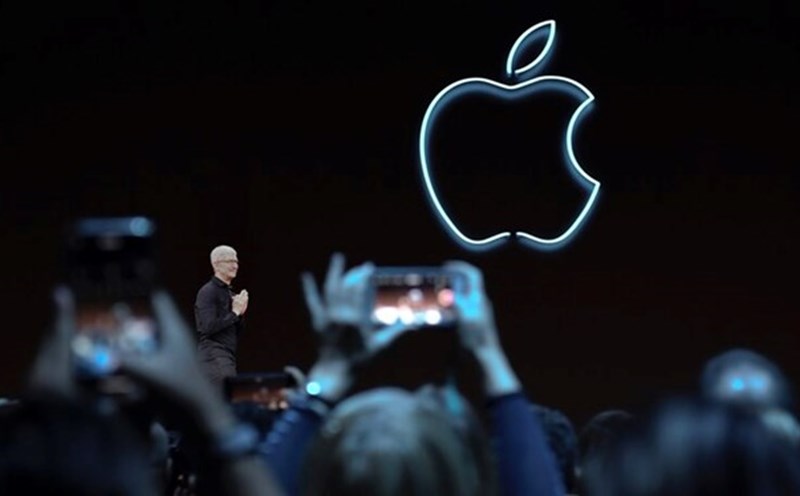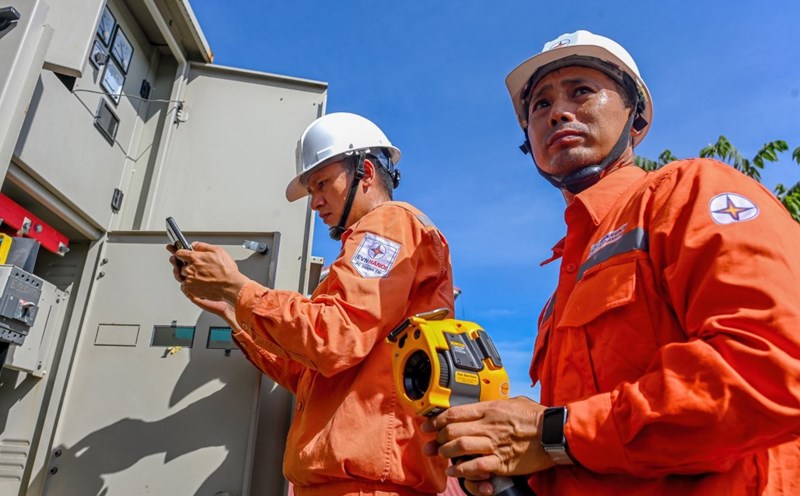Artificial Intelligence (AI) is increasingly applied in the field of health care, and addiction treatment is no exception.
Instead of just technological promises, AI is gradually proving its practical value by supporting healthcare professionals to provide smarter and more timely care services.
At some rehabilitation clinics, AI is now used to automatically take notes for consultations or record conversations, helping healthcare workers focus more on patients rather than computer screens.
According to Rannon Arch (experit from Hazelden Betty Ford Foundation, USA), this brings real connection during treatment sessions, while reducing the burden of paperwork after work.
AI can also analyze data from training sessions, helping employees build evidence-based care methods rather than just speculation.
Another notable application of AI is the ability to detect early signs of relapse.
AI models can track changes in voice, logs, or data from smart devices.
If unusual signs such as mood swings, cravings or other warning signs are detected, the system will send a warning to the doctor for timely intervention.
This opens up hope of supporting patients at the right time, even before they realize the problem.
However, Mr. Rannon Arch also emphasized the risk when patients turn to chatbot or online platforms that lack scientific basis.
These tools may lack the necessary sophistication and empathy during treatment.
Therefore, he believes that patients need to be clearly informed if AI is used in the care process, and have the right to choose to participate or refuse.
According to experts, AI has the potential to become a powerful assistant in mental health care and addiction recovery: reducing workload for employees, detecting risks early and personalizing support.
However, no matter how much technology is developed, the human factor must still be placed at the center of the treatment process.











